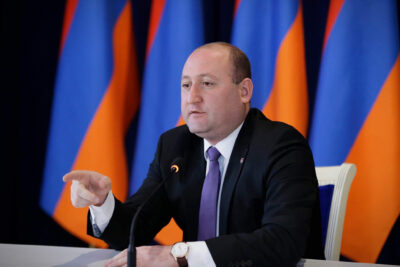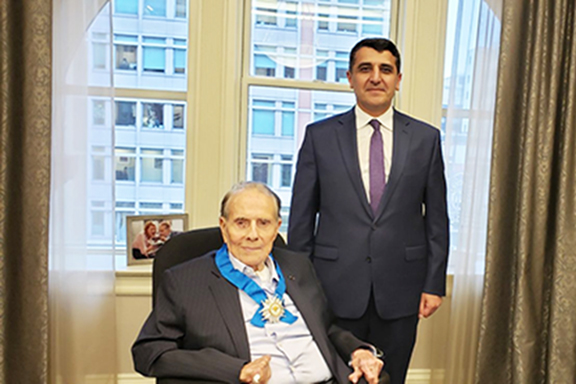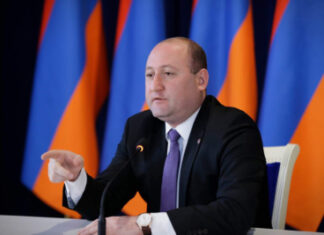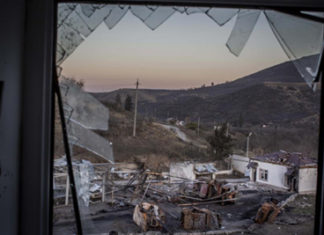WASHINGTON (Combined Sources) — Bob Dole, the plain-spoken son of the prairie who overcame Dust Bowl deprivation in Kansas and grievous battle wounds in Italy to become the Senate majority leader and the last of the World War II generation to win his party’s nomination for president, died on Sunday, December 5. He was 98.
His death was announced by the Elizabeth Dole Foundation.
It did not say where he died. He had announced in February that he had Stage IV lung cancer and that he was beginning treatment.
It was that grievous injury during World War II which changed his life and certainly his relationship with and championship of the Armenian-American community and recognition for the Armenian Genocide.
His surgeon, Dr. Hampar Kelikian, did more than try to mend the broken parts of Dole’s body when the future Senate majority leader returned from World War II, a decorated battleground hero who’d been strafed by German bullets in Italy. Over the course of a remarkable three-and-a-half-decade friendship, Kelikian became a guiding light, a “second father” as Dole puts it, an inspiration and a teacher. “You have to live with what you have left,” Kelikian told Dole. “You can’t dwell on what you’ve lost.”
“Pretty good advice,” Dole, said last year.











